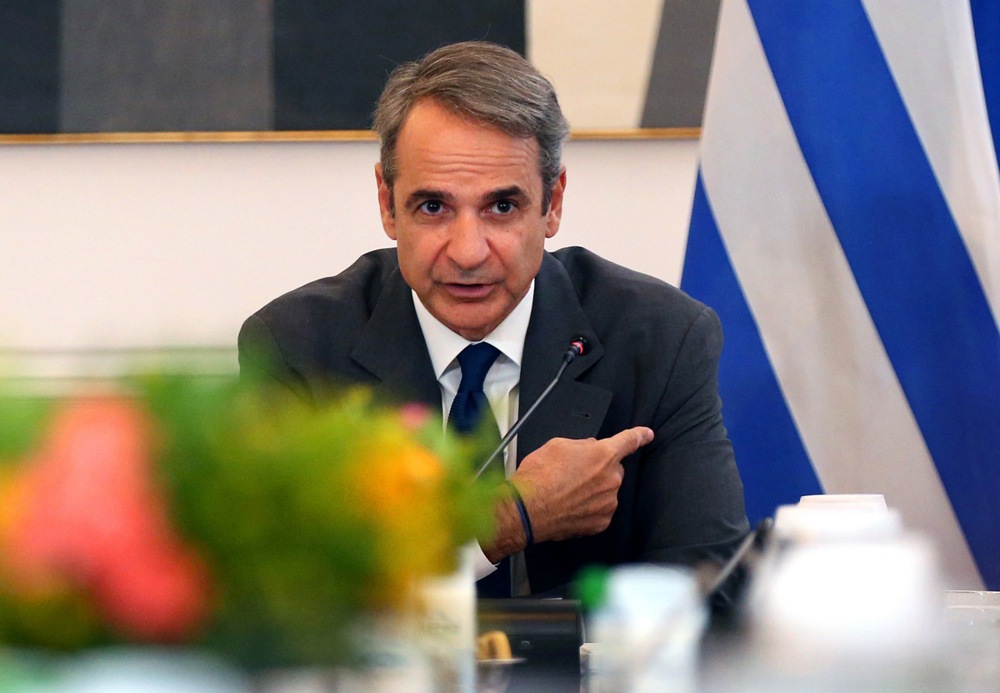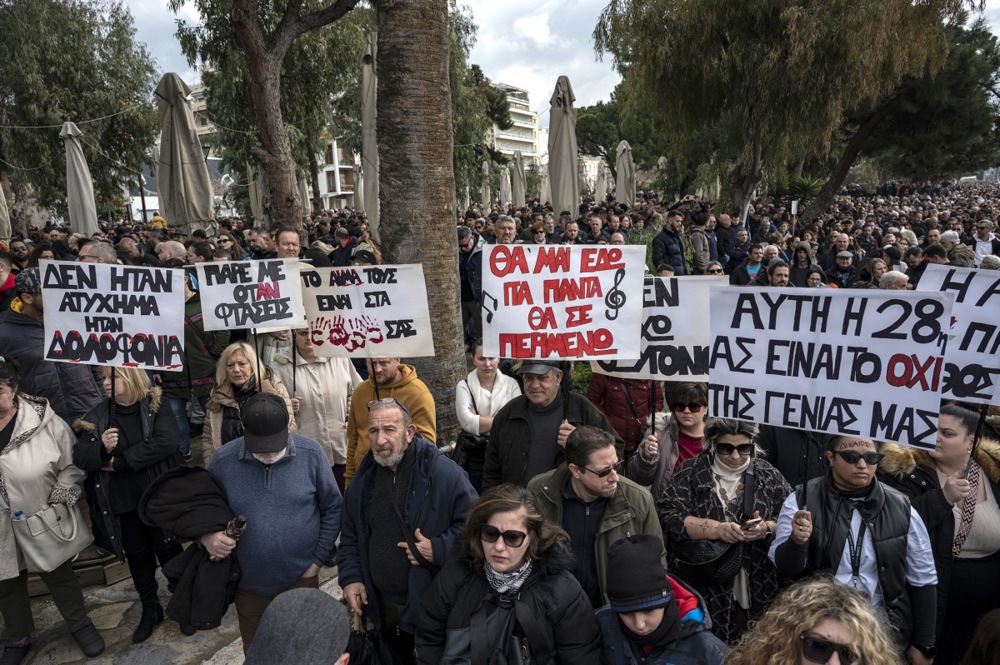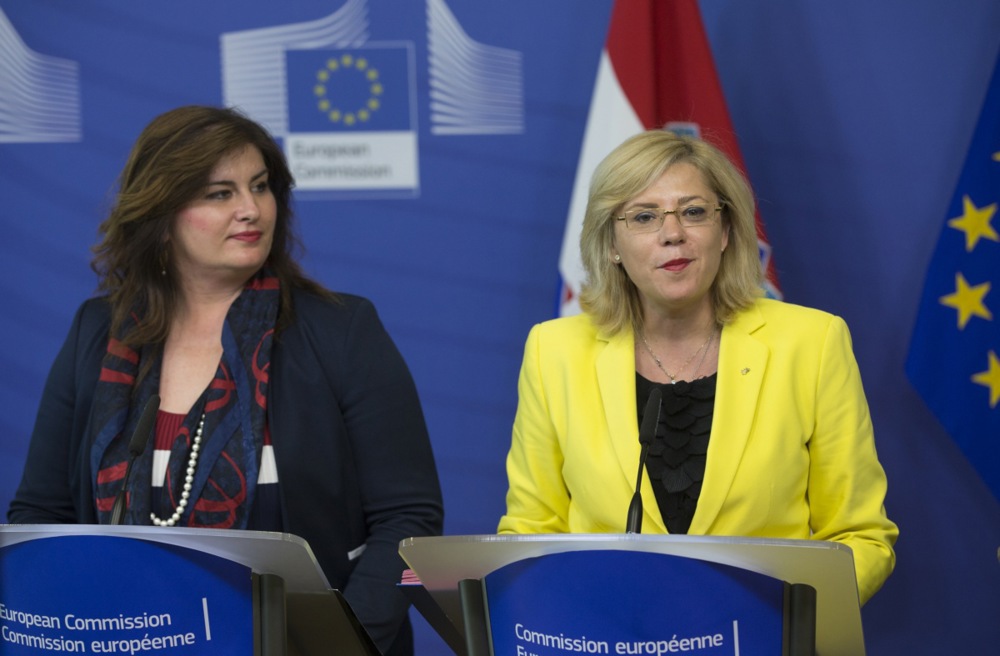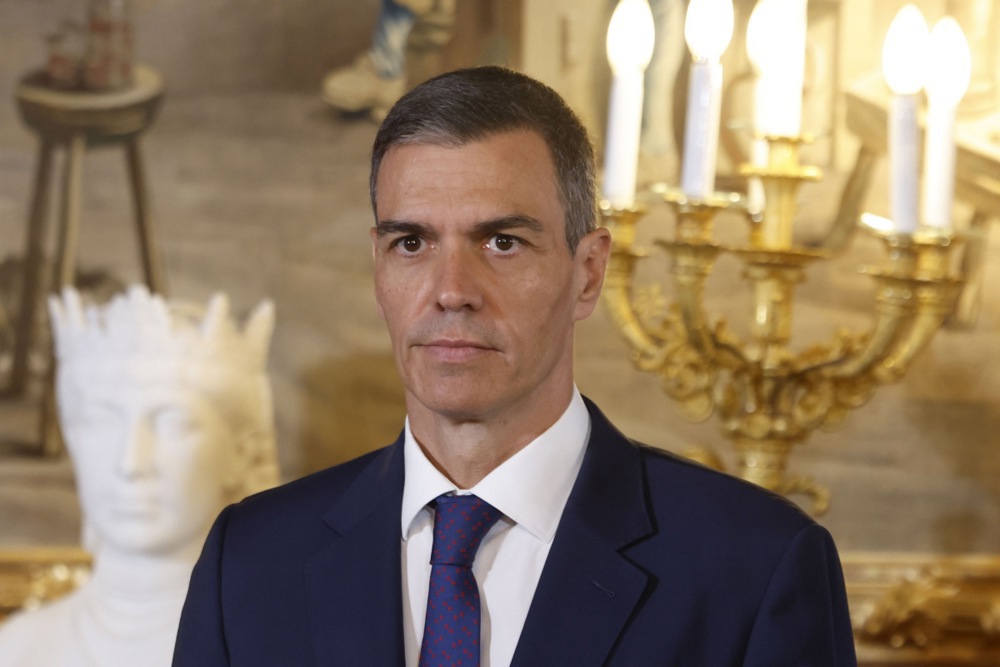The Greek Government said it planned to hold a parliamentary inquiry committee to investigate the country’s alleged farm subsidy fraud scandal, broadening the scope and avoiding a direct criminal probe.
It was a move that surprised and angered the opposition in Parliament.
On July 14, government spokesman Pavlos Marinakis announced that Athens decided to opt for a general parliamentary inquiry, going back to 1998, rather than a preliminary committee with powers to examine criminal liability, sparking fierce push back from the political opposition.
In the so-called OPEKEPE scandal — recently uncovered by the European Public Prosecutor’s Office (EPPO) — the Greek administration stood accused of knowingly having participated in the allegedly fraudulent misappropriation of hundreds of millions of euros in European taxpayer funds.
This alleged corruption reportedly occurred with the knowledge of two former agriculture ministers in Mitsotakis’ government, Makis Voridis, who served from 2021 to 2023, and his successor, Lefteris Avgenakis, who remained in position until 2024.
OPEKEPE pays around to €2.5 billion a year in subsidies to 650,000 Greek farmers and livestock breeders.
The Greek Government reportedly rushed to announce their intention to submit a proposal for an inquiry apparently in a bid to outmanoeuvre the opposition.
With the government proposal going back so far in time, it would cover periods where the Socialist Party PASOK and the left-wing SYRIZA were also in power.
This was said by experts to show that all parties were implicated.
According to Marinakis: “The committee of inquiry has the full possibility and discretion of the investigation, without excluding any development,” meaning criminal liability could still be on the table if specific evidence emerged.
Opposition parties argued this flexibility was a hollow promise to avoid accountability because a general parliamentary inquiry lacked the legal teeth of a preliminary committee.
Within the governing centre-right New Democracy Party, MPs began to oppose another preliminary investigation, Athens Times reported.
New evidence has deepened the crisis engulfing Greek Prime Minister Kyriakos Mitsotakis’ government. https://t.co/cMAOmHAPjH
— Brussels Signal (@brusselssignal) July 2, 2025
Critics were particularly alarmed by the statute of limitations. Under Greek law, certain offences committed by ministers become non-prosecutable if parliament failed to take action before the current legislative term ended on October 6.
The opposition claimed that by delaying or avoiding a formal investigation the government may be deliberately allowing the window for potential charges to close.
“The masks have finally fallen off and the organised plan to cover up the political responsibilities of the government and the possible criminal responsibilities of the former ministers of New Democracy has begun to unfold,” PASOK-Movement for Change spokesman Kostas Tsoukalas said.
Kyriakos Velopoulos of the right-wing Greek Solution Party said: “If the OPEKEPE scandal were not so serious, we would characterise the stance of New Democracy as ‘comical’. Unfortunately, however, this is a tragedy.”
On July 15, PASOK and SYRIZA submitted their joint request for a preliminary investigation to see if there were any criminal responsibilities of former ministers Voridis and Avgenakis for the OPEKEPE scandal.
In their request, signed by 37 MPs, they demanded an investigation for the alleged offences of complicity and moral instigation in a felony-level breach of trust.
They also called on the Prime Minister Kyriakos Mitsotakis to give an account “for the scandal involving the [alleged] squandering of the Greek people’s money through illegal agricultural subsidies”.
“The time has come for the full truth to be revealed about the blue deep state set up by Mr. Mitsotakis and his associates,” the MPs said.
They said that half of the Cabinet was allegedly implicated in “a system of entanglement and corruption that originated at the very top of Greece’s political-party hierarchy — one that corrupted citizens in exchange for their political allegiance,” and added that it could have influenced the 2023 election result.
According to the opposition, the claimed scandal was only the “tip of the iceberg” of alleged corruption under six years of rule by the New Democracy Party, affecting Greek taxpayers.
Alexis Haritsis, president of the New Left Party, said the government was “in a panic under the weight of the revelations, torn apart by internal contradictions with the sole aim of shifting responsibility and believes that it can escape by invoking the ‘timeless state pathologies'”.
“The case file of the European Public Prosecutor’s Office is clear: It concerns the years of Mr Mitsotakis’ executive state and [allegedly] indicates the existence of a ‘criminal organisation’ within the government.
“Consequently, the only consistent option at the moment is the establishment of the pre-investigation committee. To shed light on the dark pyramid of [alleged] corruption.”
Greek journalist Ioanna Mandrou, citing sources close to EPPO, emphasised that the portion of the investigation already sent to parliament was only a small fragment of the overall case, news outlet DNews reported.
The main dossier, she reported, was still under judicial scrutiny and expected to be broader and more politically explosive.
It was reported that more of the investigation would likely surface in September.
Greek farmers in the meantime were outraged about the scandal, saying they received crumbs while allegedly corrupt fraudsters got subsidies for sheep that did not even exist.
They announced they would protest against what happened and demanded to receive the funds they claimed they were entitled to.
COMMENT: Brussels relentlessly hounded dissident governments like Poland’s Morawiecki or Hungary’s Orbán for rule-of-law breaches, yet Mitsotakis, the EPP’s darling, escapes scrutiny, writes @BogdanosK. https://t.co/KuhREAYDVv
— Brussels Signal (@brusselssignal) July 1, 2025





